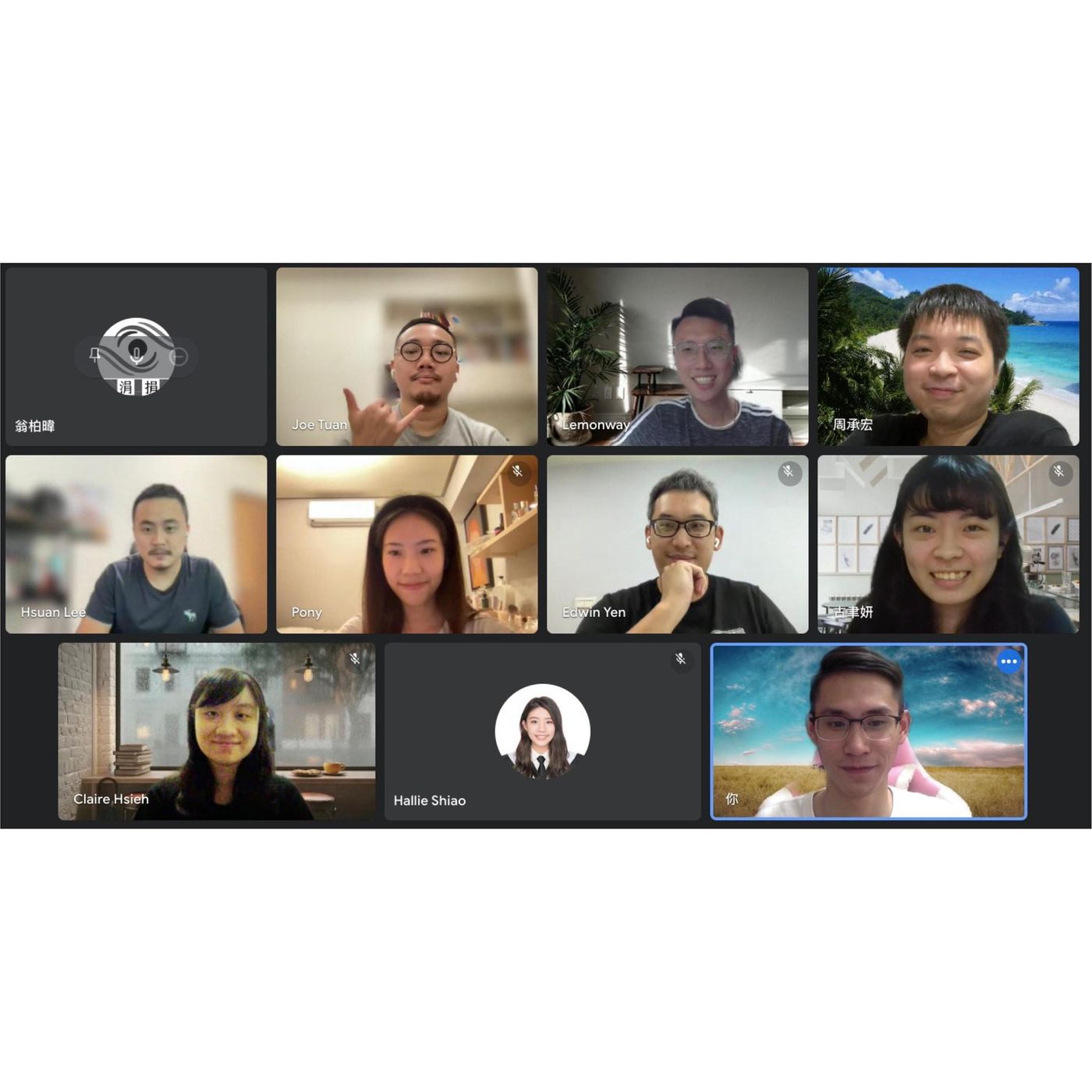[CTPS's three mental methods for solving unfamiliar problems: generating impact, starting with the end, and building a story line early]

Yesterday was the last class of this year's CTPS. Mr. Sherman gave you some ideas for solving unfamiliar problems, which I think will be useful in my life.
Today, from the perspective of CTPS teaching assistants, I will share these very important mental methods, and talk about common problems in solving unfamiliar problems and how to solve them.
1. Impact is the most important goal
When we face a completely unfamiliar problem (for example: increase the company's annual revenue by 20%, solve the low employee retention rate, etc.), the problem usually has a wide range, many root causes, and many solutions that can be tried.
People usually set a goal first, and then move on to that goal. But many people will be entangled in this goal, and they will be very distressed if the plan does not work well
(This year CTPS happens to have solutions from many groups, and then everyone will start to care about how to make the numbers look good and how to explain the results better haha)
However, the point is: "solve unfamiliar problems, and do not define success or failure by achieving goals." The goal should be to have the greatest impact on the upper echelons and those to be persuaded.
Because the original target may have been a rough estimate, based on needs rather than feasibility.
The goal of maximizing impact is to create the greatest impact in a limited amount of time. Even if the solution does not work well, we can gain insights from it, think about what future value-added space can be provided, or even avoid the same situation in the future.
"Affecting cognition, behavior, knowledge, is a shock." Taking the impact as the biggest goal is the most correct attitude to solve the problem, rather than entangled in the current results.
2. Solve problems with the end in mind
When looking at the problem-solving process of the group, or even the problems that sometimes occur to me, it is not enough to start with the end.
Before doing anything, you must first confirm the goal, and have a top of the pyramid in your mind to achieve. With a clear definition, we have to think about whether such efforts are going in the right direction before doing anything.
There are many times when solving a problem doesn't require too fancy means. If you can use excel for data analysis, why use big data and AI? At most, it consumes more resources of the team, but it may not achieve the same effect.
Under the framework of starting with the end, the 20/80 rule is introduced, that is, "use 20 points of effort to achieve 80 points of results". This is the most direct way to solve the problem.
3. Build a storyline early so you can face new problems at any time
In CTPS, there is a strong emphasis on building a "story line that convinces others based on the premise of action".
When the goal is determined, we must quickly confirm the resources and data we have at hand, and then think about the general direction of the plan in the next limited time. Then there is a series of problem solving process:
Define the problem -> generate ideas -> filter ideas -> verify ideas -> persuade the owner -> implement it.
In this process, the goal is to convince the owner and land as the final solution. In the process of solving each problem, we will gain new information and insights. At this time, we need to think about how to put these useful hypotheses and even facts into the story line, and modify them at any time to maximize their benefits.
In the process of briefing and persuading the upper management, the most common problem is that the story line is not done until the end. Once the results are not ideal, you will face endless anxiety (fear of being scolded).
The sooner a story line is established, the easier it will be to face the new challenges and the greater the impact of these new problems.

【Summarize】
In the future, whether it is work or study, we will have a greater chance of encountering unfamiliar problems.
This is the reason why the CTPS mentality has helped many people to communicate more effectively and be more impactful to others in the workplace.
Later, I have the opportunity to share many things I have learned as a teaching assistant this semester, which is really helpful in interpersonal affairs. Thank you CTPS teachers, all teaching assistants and classmates!
- If you want to know more content, welcome to keep track and update!
- Be my appreciative citizen and help me go further by sponsoring a cup of coffee every month. https://liker.land/william53241/civic?utm_source=dashboard&utm_medium=app&utm_campaign=sponsor_link_cta
- Lemonway daily study notes FB fan: https://www.facebook.com/profile.php?id=100055469826072
- Lemonway daily study notes IG fan: https://www.instagram.com/learning_lemonway/
- If you want to cooperate, you can come to me here: william5324144@gmail.com
- Join me to share the blockchain article on Telegram: https://t.me/lemonwaylearning
Like my work? Don't forget to support and clap, let me know that you are with me on the road of creation. Keep this enthusiasm together!


- Author
- More